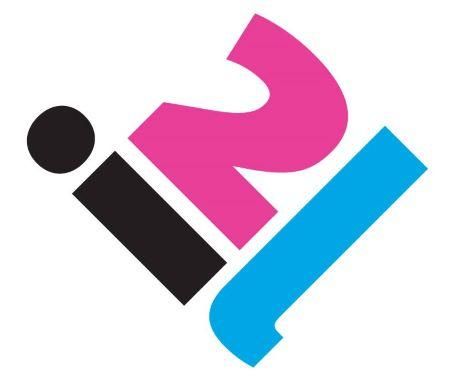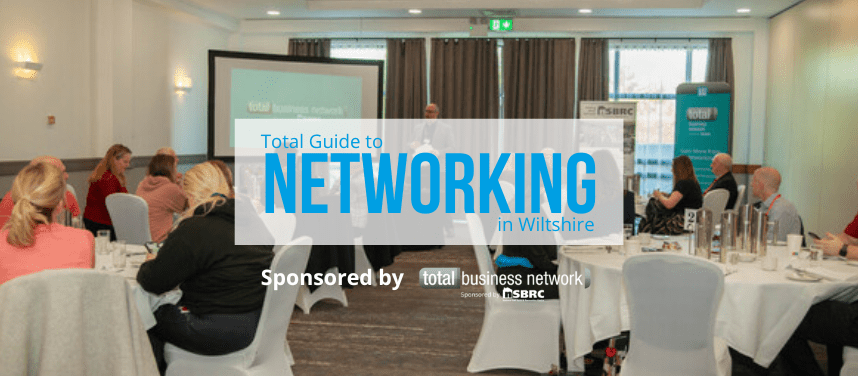The Importance of Self-Awareness and Self-Management for Managers and Leaders
I’m often asked what I think are the most important things that should be included in a management and leadership development programme. This of course depends on many and diverse variables. However, if pushed, I always say that the single most important thing to start with is some serious ‘navel gazing’. Some serious ‘reflective practitioner’ time. For this reason, there are a lot of questions in this article!
I believe that effective management and leadership is firmly rooted in strong self-awareness and competent self-management.
You simply have to understand how effective you are, what impact you are having on people and events, and what continuing professional development you need to be prioritising.
It can be useful to think in terms of the strength and integrity of a pyramid. If the base of a pyramid construction is flawed, the rest will crumble over time and if put under pressure!
How to Influence Others
- Whatever your hierarchical management grade, you will be involved in both management and leadership. You will have adopted over time what other people perceive as your management and leadership ‘style’.
- How you are perceived by others will not only determine the influence you have over them, but it will also determine your credibility as well. Everything you do or don’t do either adds or takes away from your credibility and your capability to influence others.
- Do you understand enough about your own style? Do you know what impact your style is having on others around you? Do you need to flex your style? Are you a credible role-model who others respect and want to follow?
How to Self-Assess your Management or Leadership Style
There are many ways of analysing management and leadership styles. Here are eight useful questions to ask yourself in order to begin critically self-assessing your style (based on Goleman):
- Do you inspire people, show empathy and explain why & how peoples’ efforts contribute to the organisation’s vision & objectives?
- Do you know when it is appropriate to be directive and require compliance from people?
- Do you know when it is important to seek involvement from others in decision-making?
- Do you know when it is necessary to roll your sleeves up, get stuck in and lead from the front with your own high standards and initiative?
- Do you know when to spend time on building the cohesiveness and harmony of your team(s)?
- Do you know when it is appropriate to have a coaching conversation with someone rather then tell them what to do? Do you listen carefully and help people identify their own solutions?
- Do you know how to do all 6 things above effectively?
- Do recognise when situational variables require a particular style or combination of styles to be used in order to get results?
How is your Leadership Style Judged
Management & leadership is not always about decision-making authority. It is often more about having the energy, self-belief and commitment to take personal responsibility for doing the right things in order to lead and serve others effectively. It is also about taking personal responsibility to influence other people when this is needed to move things forward.
Others will make judgements on the effectiveness of your leadership style and approach based on the following sort of things:
- Whether you demonstrate clear purpose and values
- How effectively you respond to challenges and events
- How you are choosing to use your time – whether others think you are doing the right things
- How you impact on service delivery and results
- How you influence other people.
- How you contribute to delivering and communicating to others your organisation’s vision, values and objectives
In short, positive energy, high self-belief and genuine commitment will manifest itself in a positive leadership style that motivates people to follow you, even during difficult times.
Tips on Being Professionally Competent in Management and Leadership Roles
As you think about your own management and leadership role, style and capability in your own organisation, it is worth considering to what extent you are prepared to accept that in order to lead effectively you will need to be professionally competent in an extraordinarily wide range of areas. It is not always easy!
You will need to:
- Have the capacity to be a reflective practitioner, continually learning from the challenges you face, and actively engage in creating a working environment that supports an open exchange of ideas, experience and knowledge across the structural boundaries of your organisation?
- Use your judgement to deal effectively with rapidly changing and unpredictable situations, where you will rarely be in possession of all the facts, and there may be no one ‘right’ decision that will satisfy everyone?
- Focus on creating value for, and delivering positive outcomes to all of your stakeholders
- Adopt a solutions-focussed approach to achieving results needed in the organisation, through modelling to internal colleagues and external partners a purposeful and positive approach?
- Demonstrate resilience, viewing set-backs as a temporary state, and being able to ‘bounce back’ with a positive attitude, rather than adopt a ‘victim response’?
- View situations through a positive frame in order to move forward when bad things happen – i.e. “what can I do” rather than “what can’t I do”
- Believe that you can play a key role in bringing to life the organisation’s vision & values?
Finally, you must have a proactive approach to continually developing yourself. This requires a thoughtful approach to a regular gap analysis. What outcomes do you need to achieve? What skills, knowledge and behaviours do you need to achieve these outcomes? What gaps in your skills, knowledge and behaviours do you need to fill through carefully targeted and planned development activities?
The Chartered Management Institute cite Favell’s ASK ABE framework as a useful tool for self-assessment in professional development planning:
‘ASK ABE’ checklist
- Actions: Are you using correct processes, checking work standards, being timely etc.?
- Skills: Are you able to do the things that enable you to deliver what is required?
- Knowledge: Do you know enough about what is expected of you, relevant policies & procedures, best practice/theory?
- Attitude: Do you have a positive or negative or neutral ‘mindset’ towards your work?
- Behaviours: How effective is your conduct towards others, the way you interact with others, your management & leadership style?
- Emotions: Does your emotional state(s) affect the way you behave and perform at work?
For more infmornation, click here.
























